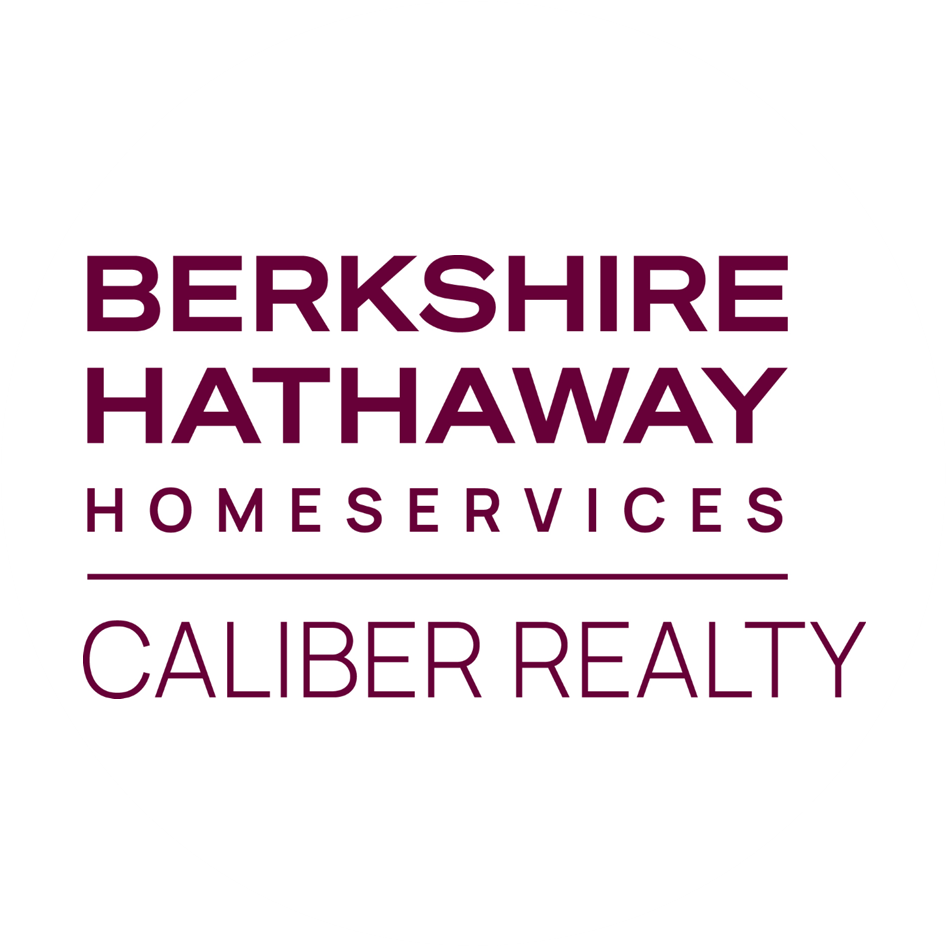Property management: Building effective landlord-tenant relationships

Are you thinking about entering the rental property business? Do you want to rent out your vacation home? Purchase a multi-family property for its investment potential? Or lease out a condo unit or townhouse to generate passive income?
If you are, then it’s time to think about property management.
Property management is the supervision of rental property for the purposes of maintaining it, marketing it, collecting rent, looking for and retaining tenants, supervising day-to-day operations, and so on.
While some owners may want to handle the management themselves, especially if their rentals are manageable (a seasonal rental or one near their homes), others choose to delegate the task to professional managers.
BUILDING RELATIONSHIPS
One of the trickiest aspects of property management is building an effective landlord-tenant relationship. Ensuring a harmonious relationship can mean the difference between retaining tenants and dealing with the cost of frequent tenant turnover. Every time a tenant moves out, the landlord or property manager spends on deferred maintenance, professional cleaning services, painting the unit, touch-ups and upgrades, and marketing.
Depending on the location of the rental, its age, market demand, and comparable rentals in the area, turnover costs can run from $500 to $3,000 per unit.
Even if tenants leave for reasons unrelated to their landlords, it’s always good to apply the best practices to inspire loyalty and retention.
A LANDLORD’S GUIDE TO IMPROVING THEIR RELATIONSHIPS WITH TENANTS
-
Set expectations
Make sure your contract lists clear guidelines when it comes to potentially contentious issues like pets (including acceptable breeds), subletting, late fees, storage fees, permissible alterations to the unit, noise levels and “quiet times,” number of occupants, lease renewal notices, and the like.
-
Communicate
Ensure your availability, Provide your tenants with your contact details so they can get in touch with you about their concerns. Do your part by responding promptly.
-
Maintain the property
Give your tenants a reason to stay… and renew their lease. Make sure your rental is safe, secure, and well maintained. Regularly inspect hallway lights, elevators, door and window locks, smoke and carbon monoxide detectors, emergency lights, security cameras, parking lot safety, and so on. Undergo preventive maintenance or take action before things break down. It will go a long way in making your tenants feel you care enough about their welfare when they see the rental’s well-kept surroundings and things in good working order. You’ll also save money on repairs down the road.
-
Respect your tenants’ privacy
Never show up unannounced at your tenant’s doorstep. If you’ve scheduled repairs and maintenance on their unit, let them know ahead of time. If you’re there to address a concern they raised, call or email to schedule a date and time agreeable to all. Keep interactions cordial but professional. Prevent misunderstandings by not being too personal.
-
Know when to get involved in tenants’ disputes with neighbors
When tenants get into disputes with fellow tenants, landlords must:
- Learn as much as they can about the dispute.
- Look into the history of disputes of the concerned tenants.
- Show genuine concern about the plight of disputing tenants should there be underlying personal reasons on either side. Sometimes simply being listened to can defuse the situation.
- Find out if a solution can be found that will satisfy either party. If not, seek the help of the neighborhood association or other authorities.
- If the dispute involves violations of the law or either party’s physical safety, encourage the complaining tenant to report it to the police. As a landlord or property manager, it’s important for you to ensure the safety and security of your tenants.
-
Be an expert on landlord-tenant laws
As a property manager, you must be an expert on landlord-tenant laws. For example:
- The Fair Housing Act prevents landlords and other providers of housing (including municipalities) from making dwellings unavailable to people based on race, color, sex, national origin, familial status, or disability.
- Federal law states that landlords must inform their tenants of environmental hazards such as lead-based paint.
- In Texas, there is no limit to how much a landlord can charge on a security deposit. But they must return it within 30 days of a tenant’s departure.
- If a tenant leaves their personal belongings in a rental they vacated, Texas law requires the landlord to hold on to the abandoned possessions for two months before getting rid of them.
- In Texas, landlords can’t evict their tenants without probable cause.
Understanding such laws goes a long way in establishing the ground rules for managing the rental and applying them in a fair and transparent way.
LET BERKSHIRE HATHAWAY HOMESERVICES CALIBER REALTY MANAGE YOUR PROPERTY
Do you have questions about property management? Whether you own one rental property or an entire, multi-unit complex, the knowledgeable agents at Berkshire Hathaway HomeServices Caliber Realty will show you how our one-of-a-kind approach to property management will keep you in the black.
With over 60 years of combined experience, we know what it takes to keep your rental property in top condition, providing you with reliable rental income.
Contact us now to learn more. Call our Property Management Team at 979.694.2747 or email us here.


